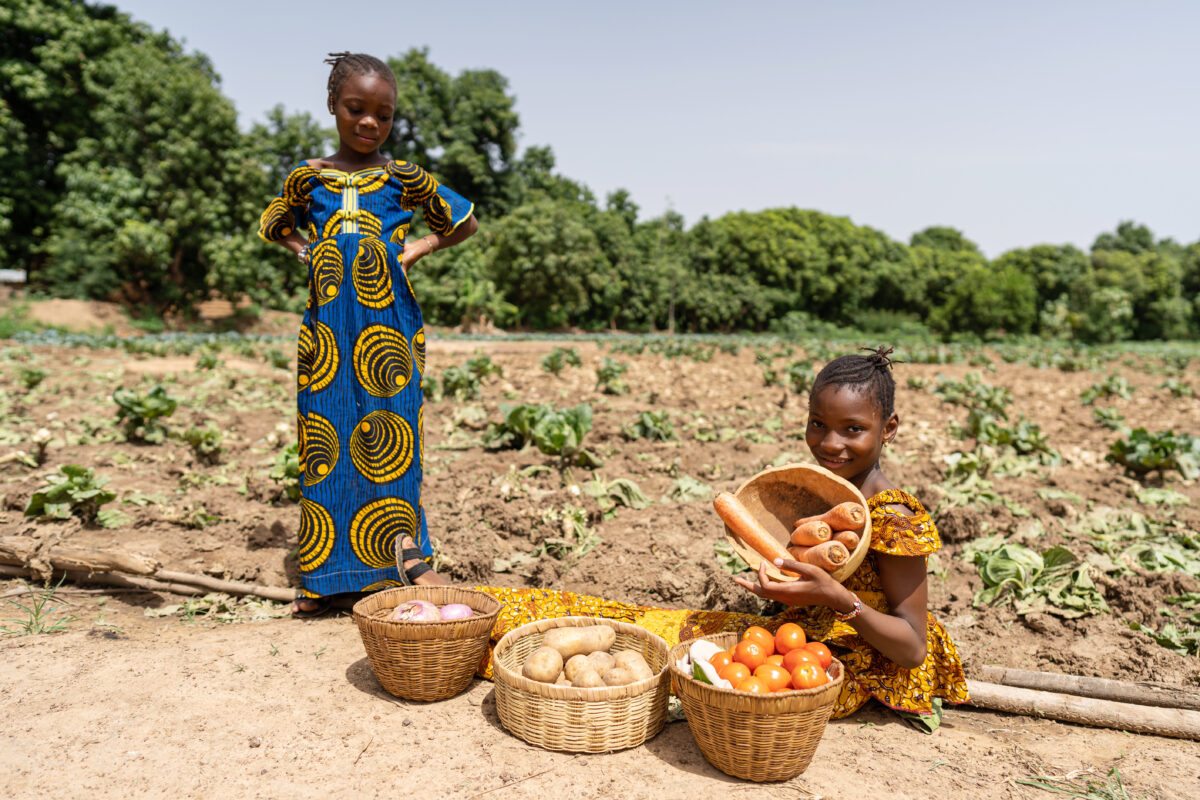Nutrition is a Feminist Issue

Nutrition only featured in three of the 75+ sessions and events of the Women Deliver conference which brought over 6,0000 advocates, activists and decisionmakers to Kigali, Rwanda, last week. But what Women Deliver demonstrated is that nutrition is part of a much bigger framework, and an integral component of the feminist agenda. Here are three reasons why maternal nutrition is a feminist issue:
- The gender nutrition gap is real, widening, and solvable: It is the political failure to meet the unique nutritional needs of women and girls and ensure their access to nutritious diets, nutrition services, and nutrition care. More than 1 billion adolescent girls and women worldwide suffer from undernutrition, including detrimental lifelong effects of the consequences of wasting and stunting, micronutrient deficiencies, and anaemia, according to UNICEF’s Undernourished and Overlooked: A Global Nutrition Crisis in Adolescent Girls and Women report. Malnourished mothers give birth to small and vulnerable newborns with immediate and long-term consequences for individual and societal development and growth. Today, approximately 20 million infants are born with low birthweight globally. Cultural norms, social roles, economic disparities, and discriminatory practices create and sustain this gender nutrition gap. 1,000 Days was among 40+ organizations to launch Closing the Gender Nutrition Gap: An Action Agenda for Women and Girls. It aims to unite stakeholders in the nutrition, health and gender communities to take specific actions that improve women’s and girls’ nutrition while advancing maternal, newborn and child health and gender equality. The Action Agenda prioritizes actions for healthy diets, access to healthcare and social protection, gender equality and creating an enabling policy environment.
- Adequate nutrition and breastfeeding are part of a woman’s right to bodily autonomy, which UNFPA defines as ‘the power and agency of individuals to make choices about their bodies without fear, violence or coercion’. While the concept is often used to advocate for reproductive justice, it goes beyond sexual and reproductive health and services and encompasses access to the wide range of care and services necessary to keep our bodies, minds and spirits healthy and whole – including nutrition – as per the Positive Women’s Network framework. UNFPA announced the Kigali Call to Action: United for Women and Girls’ Bodily Autonomy for accelerated investments and actions, with women-led organizations and the feminist movement at the centre. Bodily autonomy is a strong platform to call for the right to breastfeed, as well as access to diverse and nutritious foods for all pregnant and lactating women, babies and toddlers. It is also a powerful aggregator to build a solidarity front against regressive forces.
- Maternal health is divisive and divided: As advocates calling attention on specific aspects of a woman’s health and wellbeing, we risk positioning women as a set of issues to be solved and competing for attention and space. This does not only diminish our voice and reduce our impact, but it also leaves a vacuum for the opposition to fill, with clear, unified anti women’s rights messages. Calling for reproductive justice, access to antenatal care, newborn and child health, respectful care, nutrition services, exclusive breastfeeding are not competing agendas, but all contribute to redressing the systemic inequalities that women face and that prevent them from reaching their full potential. Feminism, as a social justice movement, provides a larger and stronger platform to join forces and advance women’s nutrition, including nutrition for pregnant and lactating women.
